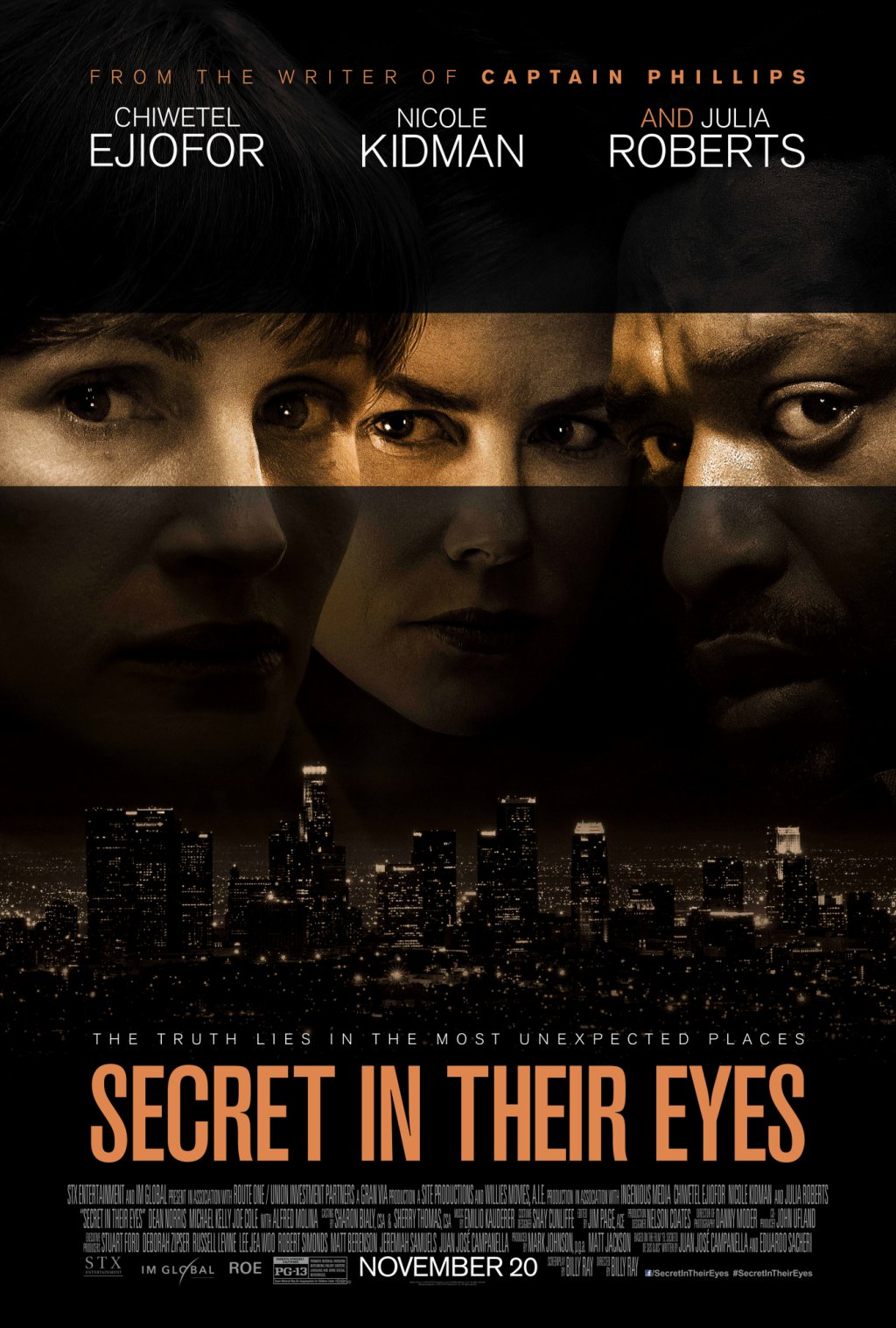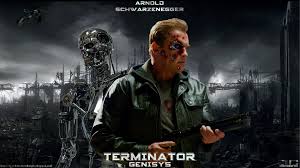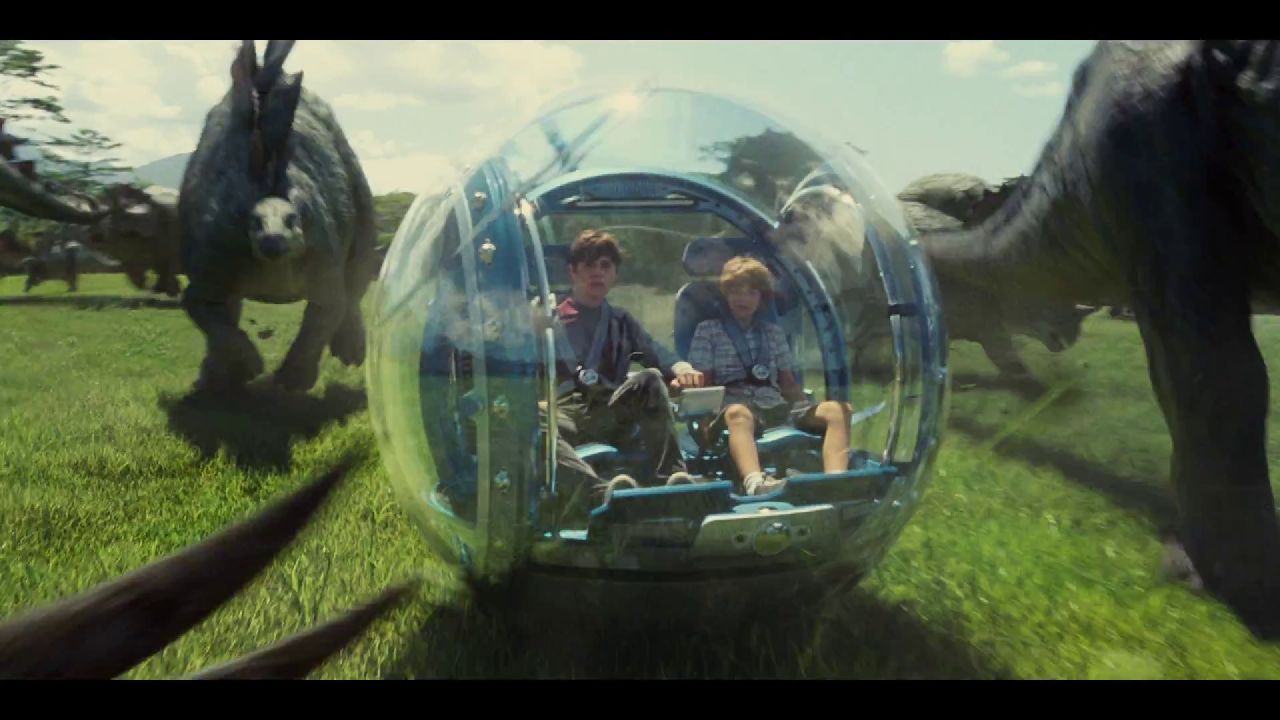Secret in Their Eyes
Posted on November 19, 2015 at 5:28 pm

A girl is murdered. That girl, that crime and the man who did it are seen very differently by different people, all of whom are in law enforcement and all who have sworn to devote their professional lives to justice in this dark thriller based on an Oscar-winning Argentinian film (“The Secret in Their Eyes“). Just as that film used a long-unsolved murder to explore the shifts of politics and culture over the decades, this version, from writer-director Billy Ray, sets the murder in the frantic realigning of priorities following the terrorist attacks of 9/11. For those who loved her, justice for the death of the girl is all that matters. For those working on anti-terrorism, though, the suspect may be of more use out in the world as an informant than in prison as a murderer.
The story takes us back and forth between the present day and the time of the murder, in 2001. Claire (Nicole Kidman) is a District Attorney and Ray (Chiwetel Ejiofor) is an investigator newly assigned to the FBI’s anti-terrorism division. There is an immediate charged connection between them, though Claire is more reserved. Ray works with Jess (Julia Roberts), who teases him about his evident interest in Claire.
Then there is the report of a death, a body in a dumpster. Ray and Jess arrive, alert, professional, but detached, snapping on their blue latex gloves and talking about a possible connection to their work because the body was found near the mosque they are investigating.
And then Ray sees the girl and has to tell Jess that everything she cared about in the world has been destroyed. The shot of Roberts’ face as she has to go from thinking she has been called to see a body to understanding that it, that she is the one particular individual who means the most to her, “the thing,” she says, “that made me me,” is shattering to see. For the rest of the film, the radiant presence we know so well is haggard, numb, broken.
In the present day, the murder has not been solved. Because the suspect was an informant from a mosque that could have been harboring terrorists, the case against him was not pursued, and he has disappeared. But Ray has never stopped looking for him. He went through 1906 photos a night, searching every white male in the FBI’s system, for 13 years. He thinks he has found him.
More successful in mood than plot, Ray uses this story to meditate on loss, hopelessness, and the gulf between law and justice. Each of the characters wants something different from this investigation. Jess wants what she thinks of as justice but what looks more like revenge. “Death penalty would be too good for him,” she says. Ray feels somehow responsible, because he could have been with Jess’ daughter the morning she was killed. Claire wants the law to be enforced. And she still feels a connection to Ray. As for the suspect — in his own way, he is as controlled by his obsessions as the others.
Parents should know that this film includes a brutal rape and murder (off-screen) and some violence, with some peril and some injuries and abuse. There is some strong language.
Family discussion: Do you agree with Morales’ decision on how to treat Marzin? Should Ray have told Claire how he felt?
If you like this, try: the original film, “The Secret in Their Eyes” and Ray’s earlier films, “Shattered Glass” and “Breach”





